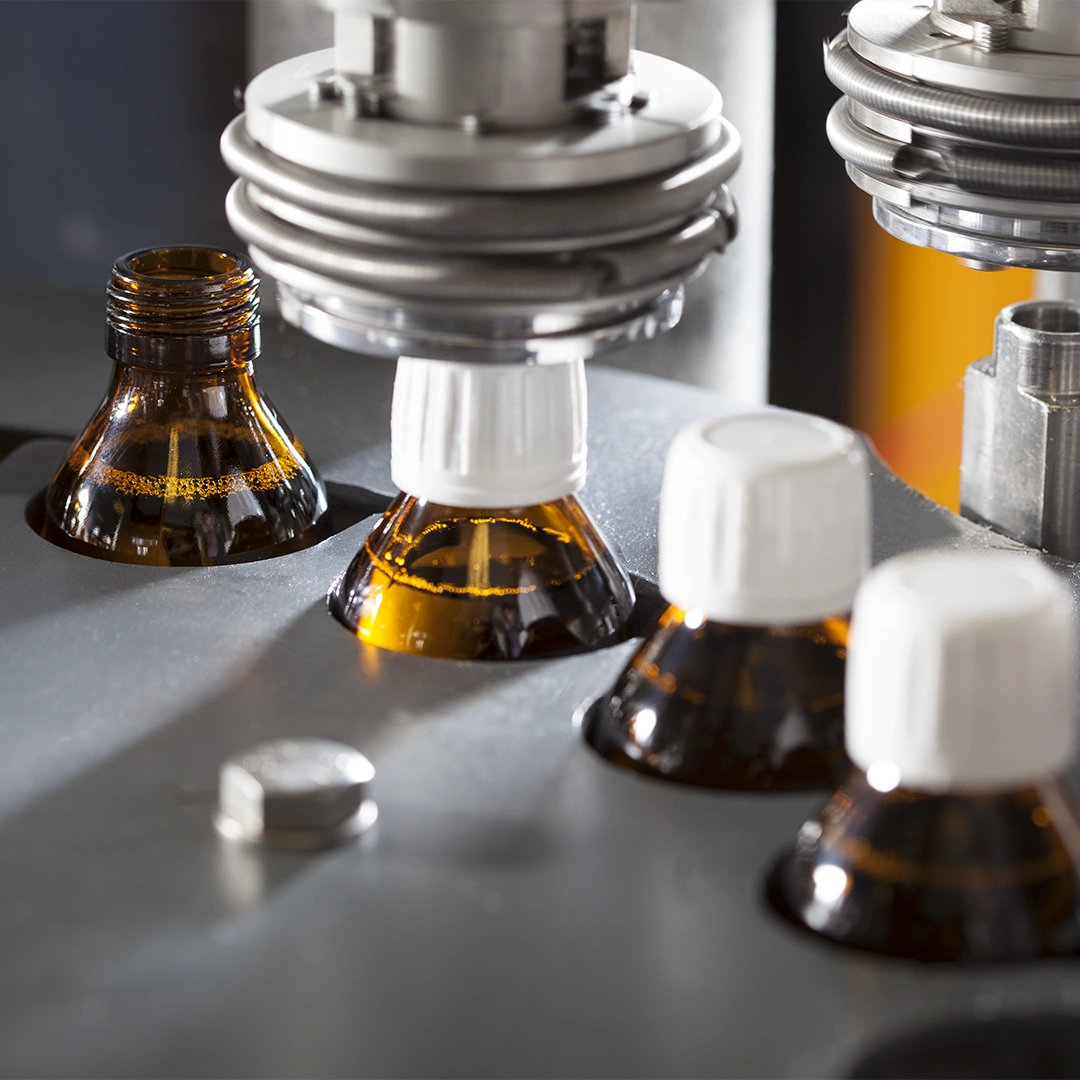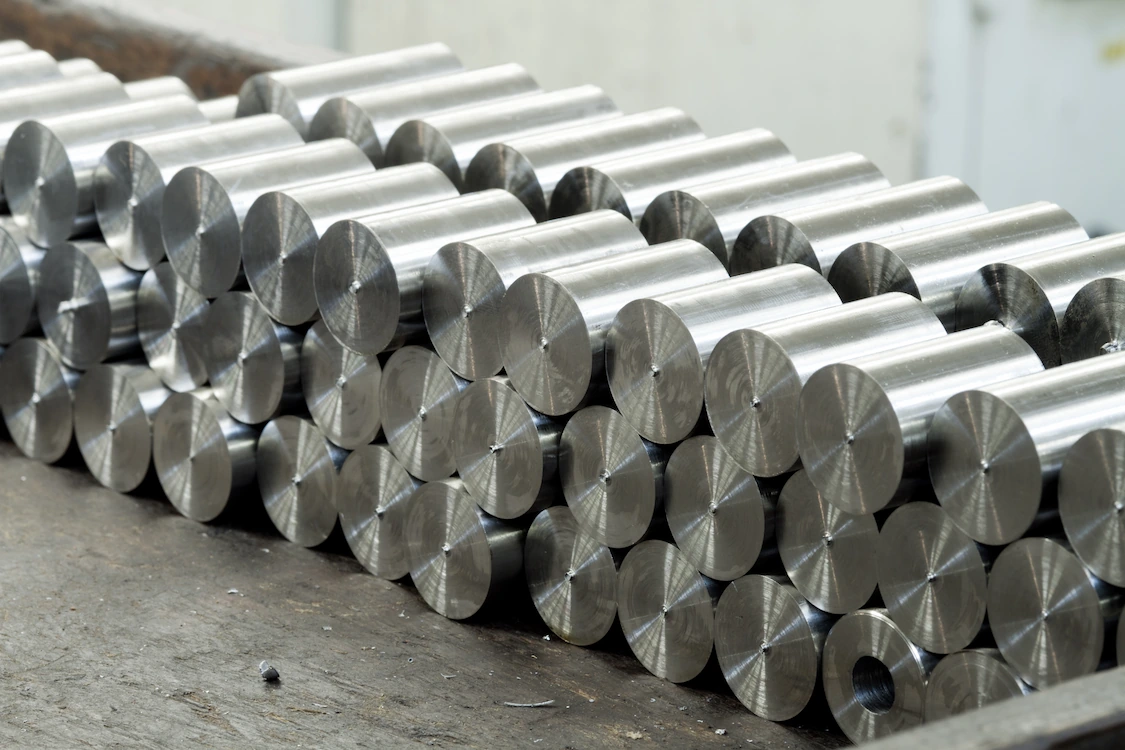 Get a quote
Get a quote6082 is a medium-strength aluminium alloy within the 6000 series, valued for its high efficiency in machining and excellent general-purpose performance. As one of the newer alloys in this series, 6082 offers the highest strength among 6000-series grades, and has increasingly replaced 6061 in many applications—particularly where machinability and mechanical integrity are key requirements.
In plate form, 6082 is the most commonly used aluminium alloy for CNC machining. The strongest variant is 6082-T6, although other widely used tempers include T651. Less common tempers include T4 and O, which are typically specified for specialist requirements.
The aerospace-grade equivalents of 6082 include:
Alternative designations and trade names for 6082 include HE30, H30, H30TF (where TF denotes T6), DIN 3.2315, EN AW-6082, and A96082.
Thanks to its excellent machinability, widespread availability, and compatibility with a range of surface finishes, 6082 is commonly used across a broad range of sectors. The aerospace-specific “L” grades are also widely specified for military, defence, and aerospace components due to their performance and traceability.
6082 aluminium is well suited to anodising and other surface treatments, making it a versatile option when additional protection or aesthetic finishes are required. It responds well to both decorative and functional finishes, with several standard options available depending on application needs.
Common finishing and treatment options for 6082 include:
The following lists provide an overview of standard UK stock sizes for 6082 aluminium and its aerospace-grade equivalents (L111, L113, L114, and L115).
Please note: Penta Precision does not supply raw material. This information is provided for reference and design purposes only.
The most widely stocked tempers of 6082 are T6 and T651, though T4 and O are also available from some suppliers.
The following general physical properties apply to 6082 T651 which is available in plate and sheet.
6082 aluminium is widely stocked in the UK and available in most standard sizes of plate, round bar, and flat bar, allowing for fast procurement and reliable availability.
Its popularity also makes it one of the most cost-effective aluminium grades for machining.
Thanks to its excellent machinability, 6082 can typically be machined using standard tooling, which reduces setup time, tool wear, and overall cycle times — making it a practical and economical choice for CNC milled or turned components.






Yes. Aluminium machines very accurately and can hold tight tolerances, making it an excellent choice for components where precision and repeatability are essential.
Aluminium is widely used in aerospace, electronics, medical devices, automotive, and scientific equipment due to its combination of strength, light weight, and corrosion resistance.
Aluminium is lighter and generally easier and faster to machine than steel, which can lower production costs and reduce component weight.
However, steel may be preferred for parts requiring higher hardness or wear resistance.
Not always. Aluminium naturally forms a protective oxide layer. However, finishing processes like anodising can improve surface durability, appearance, and corrosion resistance for certain applications.
Aluminium 6082 offers excellent machinability, allowing for tight tolerances, smooth surface finishes, and efficient cycle times. Its consistent mechanical properties and widespread availability make it ideal for CNC milling and turning.
Yes. 6082 is commonly used for both CNC machined prototypes and full production batches thanks to its balance of strength, stability, and machinability across a range of part geometries.
The most widely used tempers are T6 and T651, which provide high strength and good dimensional stability. These tempers are commonly held in stock in bar, plate, and flat bar forms.
6082 offers higher strength than 6061 and is often chosen for structural components. It machines well and is frequently used as a replacement for 6061 in UK-based CNC applications due to its better availability.
6082 is well suited to a range of surface treatments, including natural and hard anodising, chromate conversion coatings, and polishing. These finishes enhance corrosion resistance, wear performance, and aesthetics.

Selecting the appropriate material and grade is among the important early decisions you'll make when designing your CNC machined component. In this blog we look at the most common grades of aluminium, one of the most versatile metals, and the factors to consider to select the best grade for your next project.